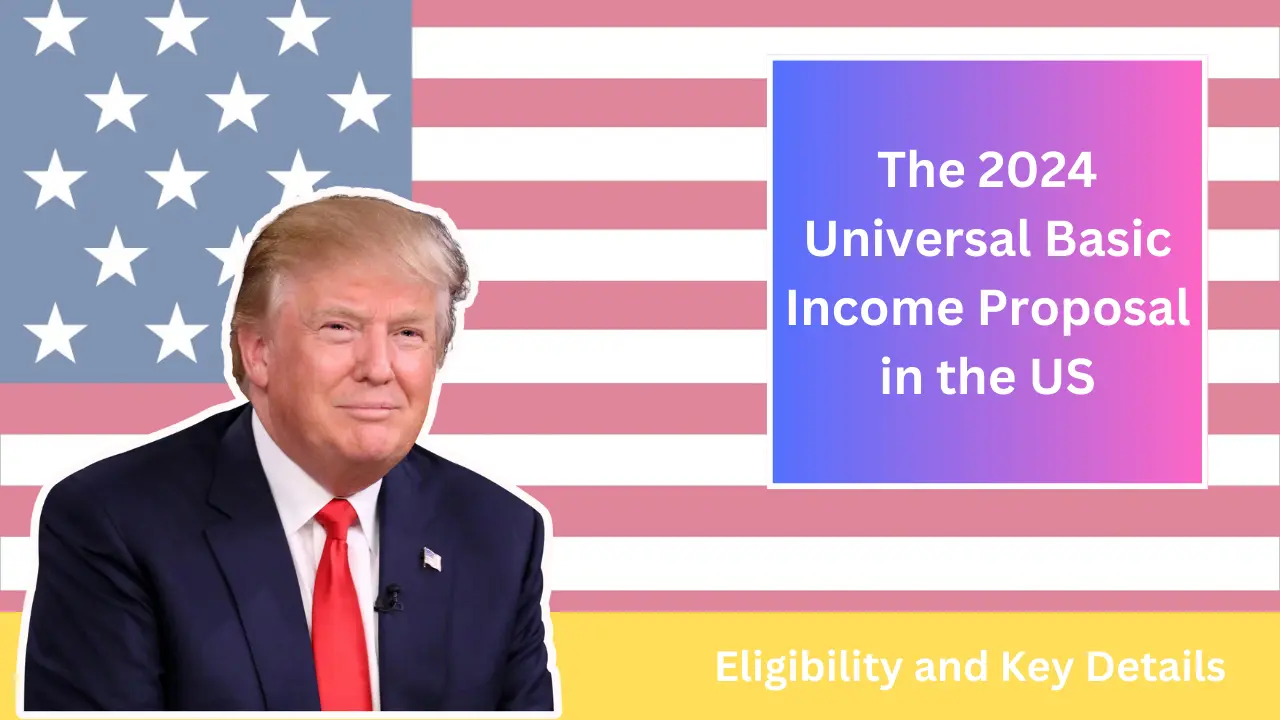Universal Basic Income (UBI) is a concept where every individual in a designated group or area receives a regular, unconditional sum of money from the government. This payment is designed to cover essential living costs, such as food and housing, regardless of the recipient’s income or employment status. The goal of UBI is to ensure that everyone has enough financial stability to meet basic needs, offering individuals the freedom to pursue their passions, study, or start a business without the constant worry of financial survival.
In essence, UBI functions like a monthly allowance large enough to cover basic living expenses, and it is available to everyone, regardless of whether they are rich or poor. This approach could help reduce financial stress and offer more opportunities for people to enjoy life, create, and innovate. Although the idea of UBI is simple, it requires careful planning and significant financial resources to implement effectively, but it has the potential to radically change how society functions.
Table of Contents
- Universal Basic Income (UBI) Overview
- Universal Basic Income vs. Guaranteed Income Program (GIP)
- Current Implementation of Universal Basic Income (UBI) in the United States
- Pilot Programs
- Alaska’s Permanent Fund Dividend
- Research and Analysis
- Challenges and Considerations
Universal Basic Income (UBI) Overview
At its core, a true UBI system has two key principles: universality and sufficiency. Universality means that the income is provided to everyone within the designated group or region, with no means testing required. Sufficiency refers to the amount being enough to cover essential living costs.
The underlying idea of UBI is to provide economic stability and empower individuals, helping to reduce reliance on job income alone and creating a society where people can pursue their goals and well-being with fewer financial worries.
Universal Basic Income vs. Guaranteed Income Program (GIP)
Though UBI and Guaranteed Income Programs (GIP) may sound similar, they serve different purposes and have distinct structures:
- Scope of Distribution:
UBI is a universal payment that reaches everyone in a given area, whether rich or poor. In contrast, Guaranteed Income Programs (GIP) focus on providing financial support only to individuals or families who are facing financial hardship, targeting those in most need. - Purpose and Impact:
UBI is designed to be transformative, empowering individuals to reduce their working hours, invest in personal passions, or even pursue entrepreneurial endeavors. GIP, on the other hand, aims to provide immediate relief to those struggling to make ends meet, acting more like traditional welfare systems.
Current Implementation of Universal Basic Income (UBI) in the United States
While the U.S. has yet to implement UBI nationwide, several cities and regions have launched pilot programs to explore the potential benefits and challenges of such a system. These experimental programs aim to gather data on UBI’s economic and social impact.
Pilot Programs
- Central Iowa Pilot:
Participants in this program receive $500 per month to see how additional income influences their economic stability and overall well-being. The initiative studies the effects on individual lives and the community at large. - Coachella Valley Pilot:
This program provides $400 per month to 140 immigrant families who are critical to the local labor force but do not qualify for federal benefits. The focus is on understanding how this support impacts their quality of life, especially the children in these families.
Alaska’s Permanent Fund Dividend
A notable example of UBI in practice in the U.S. is Alaska’s Permanent Fund Dividend. Since the 1980s, all residents of Alaska have been eligible to receive an annual share of the state’s oil revenues. While this dividend doesn’t fully cover living expenses, it provides a basic level of income to all residents, regardless of their wealth. This model reflects some of the principles of UBI, even though it isn’t a full UBI system.
Research and Analysis
Researchers are closely monitoring these pilot programs to assess their impacts on participants. Metrics being studied include economic stability, health outcomes, and shifts in employment behavior. The findings from these studies are crucial in determining whether UBI could be expanded to a national scale.
For instance, the impact of additional income on participants’ ability to find better jobs, improve education, or engage in creative work are key areas of study. This data will help shape the future of UBI and similar programs across different communities in the U.S.
Challenges and Considerations
While the concept of UBI holds potential, there are several challenges to consider before widespread implementation:
- Funding:
One of the most significant obstacles is how to fund UBI sustainably. Proposals include raising taxes, reallocating funds from other welfare programs, or using other economic strategies to ensure the program can be supported long-term. - Economic Impact:
Economists are studying how UBI might influence the broader economy, particularly regarding inflation, labor participation, and wage dynamics. Questions remain about whether UBI would increase demand for goods and services, thus driving inflation, or if it would stimulate economic growth by allowing people to invest in education, innovation, and small businesses. - Public and Political Support:
For UBI to be implemented on a large scale, it would require widespread public and political backing. This could depend heavily on the outcomes of ongoing pilot programs and the public’s perception of its benefits versus the costs.
Conclusion
While Universal Basic Income has not yet become a national reality in the U.S., pilot programs and studies are providing valuable insights into how such a system could function. If successful, UBI could reduce poverty, enhance financial security, and create a more resilient and empowered society. However, overcoming challenges related to funding, economic impact, and political support will be crucial before any large-scale implementation can happen.
These ongoing experiments are critical to understanding the true potential of UBI and how it could reshape the way we work, live, and interact with the economy in the future.



